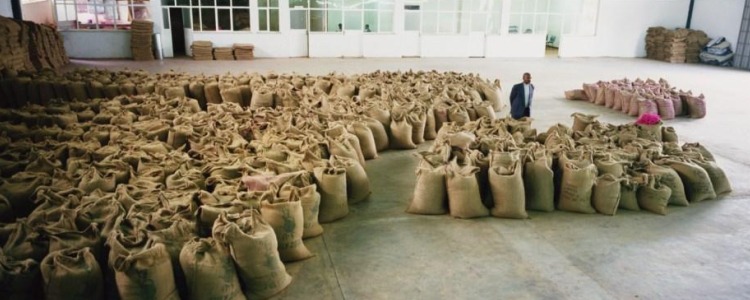INCLUDE shares columns written by prof. dr. Ruerd Ruben, former Director of the Policy & Operations Evaluation Department (IOB) at the Ministry of Foreign Affairs and currently programme leader Food Security, Value Chains & Impact Analysis at LEI-Wageningen University, who distinguished between fact and fiction on hypotheses on development in OneWorld, a Dutch Magazine on Global Issues.
Trade and investments in middle-income countries contribute to economic growth and employment (…), and thus also fight poverty.’
(Response to parliamentary questions on the ‘Transition facility’ (TF), 17 May 2013)
Yes, indeed
Many developing countries have made progress in economic terms over the past few years and are no longer listed as being among the world’s poorest countries. This isn’t surprising as poor countries are always able to grow a lot faster in the initial phases. At some point the average income per person exceeds the income limit of poor countries (currently the annual average is US$ 1026 per person). When it comes to trade and investments, the Netherlands is focusing on low- and middle-income countries that are enjoying economic growth. In these transition phases, combining trade and development aid can be advantageous, not only for developing countries but also for the Netherlands, says Minister Ploumen.
No
Many upcoming economies are now facing reduced growth figures. In Brazil for example, about 35 million people are considered part of the middle class, out of a total population of around 200 million. However, only 2.2% growth is expected this year. Much of the earlier growth in emerging BRICS was financed by stimulating national demand (for example, by raising wages), which is now leading to high levels of inflation. Demonstrations in Rio de Janeiro have shown how Brazilians are resisting stagnating government investments and the middle classes can now afford to buy a car even though the road network has not developed apace. In India, the growth of labour productivity has declined from 10% to barely 5% per year and the middle classes have descended into poverty once again. And even in China, the rate of growth is stagnating.
What’s important.
The ‘middle-income trap’ is what The Economist and the IMF call the phenomenon in which countries have reached middle-income status and then have trouble expanding (or sometimes even decline to a lower, average income level once again). Their growth is still very fragile and macro-economic stability and the business environment are not attractive enough for local investors. In addition, India and China both have very overvalued currencies and this results in these countries remaining dependent on foreign capital, which is initially attracted by the possibility of high profits. Such foreign capital inflows will eventually reverse when equally high profits can be made elsewhere.
Assessment
The facility that accompanies Dutch partner countries in the transition from a developing relationship into a full-fledged economic relationship should pay more attention to supporting the earning capacity of the fragile middle classes. They should be encouraged to purchase their own properties. Otherwise growth could stagnate.











